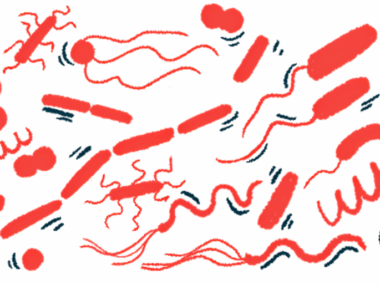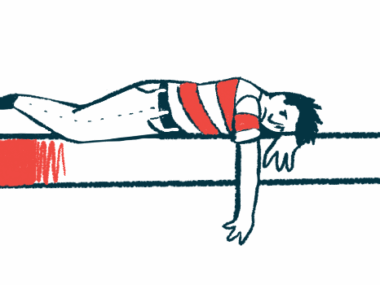EMA Says No to Nouryant for Marketing Approval in Europe
Written by |

BlueSkyImage/Shutterstock
A committee of the European Medicines Agency (EMA) is recommending the refusal of marketing authorization for Nouryant (istradefylline) — approved as Nourianz in the U.S. — as a medication for treating off episodes in Parkinson’s disease in the EU.
In its opinion, the Committee for Medicinal Products for Human Use, known as CHMP, said the benefits of Nouryant may not outweigh its risks. It recommended the refusal of an application by Kyowa Kirin, the therapy’s developer, to market Nouryant in the European Union, according to a July 23 announcement by the EMA.
The medicine was approved by the U.S. Food and Drug Administration in 2019 to treat off episodes in Parkinson’s patients in the U.S. who are on a carbidopa/levodopa treatment regimen. It is available as an oral tablet to be taken daily.
Carbidopa/levodopa is considered the mainstay of treatment for Parkinson’s disease. Levodopa can be transformed in the brain into dopamine — a signaling molecule whose low levels in Parkinson’s are believed to contribute to symptoms of the disease. Carbidopa, in turn, inhibits a protein that breaks down dopamine.
But when the duo stops working as it should, so-called off episodes may occur and symptoms of Parkinson’s disease may return. Nouryant is thought to ease off episodes by blocking a receptor called the adenosine A2A receptor on brain cells, thus increasing the release of a neurotransmitter called gamma amino-butyric acid (GABA), which is involved in motor control.
To support the new request, Kyowa Kirin had presented data gathered from eight studies involving a total of 3,245 patients who were experiencing off episodes despite treatment with carbidopa/levodopa.
The studies compared Nouryant with a placebo and, in one, with Comtan (entacapone), another therapy for off episodes approved in both the U.S. and the EU. The goal was to evaluate Nouryant’s ability to reduce off periods when added to levodopa-based treatments.
In its decision, the EMA noted that “only four out of the eight studies showed a reduction in ‘off’ time, and the effect did not increase with an increased dose of Nouryant.”
“The Agency considered that the results of the studies were inconsistent and did not satisfactorily show that Nouryant was effective at reducing the ‘off’ time,” the EMA wrote in a question-and-answer document on its website.
Additionally, in the two studies with patients from the EU — including the most recent one, in which patients received the maximum, optimal treatment — no effect was observed.
In 2019, data from four Phase 2 and Phase 3 studies were found by the FDA to be enough to support the therapy’s efficacy in reducing the hours spent each day in the off state. Those studies, which involved a total of 1,143 Parkinson’s patients, compared Nourianz with a placebo over 12 weeks (about three months).
Kyowa Kirin may ask for re-examination of the EMA’s opinion within 15 days.
The European Commission will make a final, legally binding decision on whether the medicine can be marketed in the EU. That decision is issued within 67 days of the agency’s receipt of the EMA’s recommendation.




